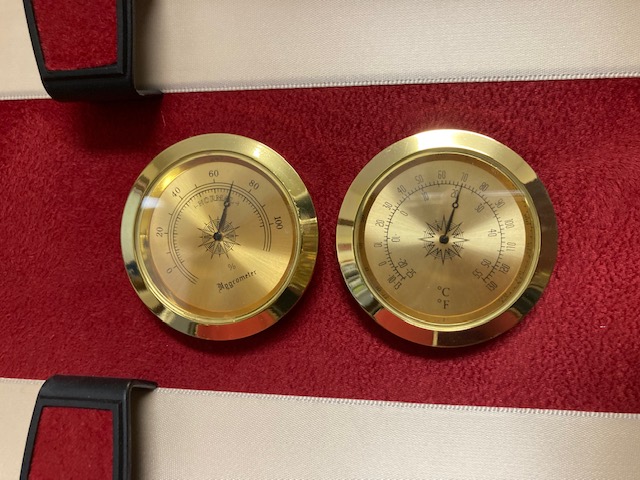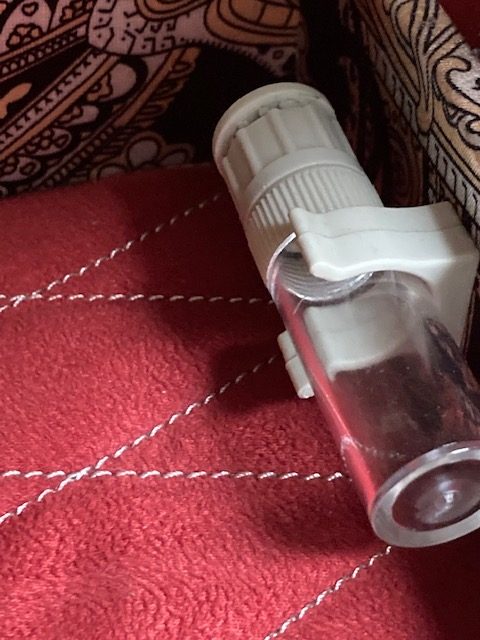

Maintaining Your Violin or Other String Instrument
Violins, violas, and cellos are expensive and delicate. Purchasing an artisan-crafted string instrument is an exciting investment, but it doesn’t come without stress. As a beginner, you need to understand the basic tips and techniques that will maintain your instrument’s beauty and sound quality for years to come.
About Your Instrument
The power, playability, and tone of your violin, viola, or cello are just three of thousands of elements that make your string instrument beautiful. Meticulous woodworking and craftsmanship are both to thank for the high-quality violin you’re holding. With all that work put into creating your violin, it’s no surprise that routine maintenance and informed care are essential to giving it a long sonorous life.
If you’re new to the wonderful world of string instruments and anxious about caring for your violin, Evergreen Workshop is here to help. Read on for our crash course in care and maintenance for all things related to your instrument and bow.
Instrument Care: Storage and Transport
Your instrument is composed of organic materials that are heavily influenced by their surroundings. Because of this, your instrument is sensitive to atmospheric and environmental changes. Dramatic variations in temperature and humidity can cause a violin, cello, or viola to expand and contract in relation to the amount of moisture available in the air.
Your instrument absorbs some of the moisture and this will affect both its sound and construction. Extreme transitions in humidity can cause your violin, viola, or cello to develop cracks, which are serious issue, and glue joint separations. Both of these issues can cause your instrument to make unpleasant buzzing sounds.
Here’s how to prevent both:
- When you’re not using it, store your violin, viola, or cello in a hard case. By using a case designed to prevent instrument damage, you guard the instrument against accidental injuries that can become quite costly.
- Never store your string instrument in very hot or cold areas. In fact, an easy storage rule is to treat your instrument like a person or a pet. This “golden rule” is always useful. If you wouldn’t want to be trapped in a hot vehicle all day or left outside overnight in a tundra, neither does your violin.
- If you live in a dry climate, consider purchasing a room humidifier or an in-case moisture regulator.
- Always remove the shoulder rest or pad before placing your violin in its case. Also, make sure that your zippers and latches are fastened securely before picking up your violin case to prevent injury.
- Loosen the bow hair before storing your violin bow. Leaving tension on the bow can destroy its camber.
Instrument Maintenance: Cleaning
Again, because your violin is composed of organic materials, it is susceptible to absorbing liquids and small particles. Implementing a regular cleaning routine will help keep it protected, dry, and performing its best. Here are the basics:
- After each practice session, wipe down your instrument and strings with a dry cloth to remove excess dust and body oils. We recommend lint-free cloths used for glasses and cameras. They are practical and small enough to fit inside most hard case compartments, so you are never caught without one.
- Listen carefully: never use commercial furniture polish, water, or wood cleaner on your violin, viola, or cello. These items can ruin the finish on your instrument or even compromise the glue joints.
- There are special polishes made just for violins. We recommend getting instructions from a qualified professional on how to use these products.
String Instrument Repair: Mechanical Troubleshooting
Some good news: many problems you may find with your instrument can be remedied easily. This said, sometimes your violin will be better off if you seek a qualified professional to perform maintenance tasks. Remember, if you are having difficulty fixing the issue, it’s always safe to have a luthier handle the corrections, so you don’t doom your violin with uninformed DIY hacks.
If you feel confident, here are some fixes you should be able to handle yourself:
- Sticking pegs are caused by swelling. You can fix them by applying graphite (from a pencil) or a “peg compound” to lubricate the pegs.
- Often, loose pegs are caused by improperly wound strings or ill-fitting or worn out pegs. However, they can also be the result of fluctuating environmental conditions. Never use “peg drops” to make the pegs stick better. Instead, have your pegs inspected by a professional.
- No matter how well you care for them, your violin strings will eventually need to be replaced. Depending on how often you practice or perform and the type of strings you employ, you should replace them when they start to demand more frequent tunings. If you have a careful ear and notice they are losing their brilliance and warmth, this is also a sign.
When To Call a Luthier
A luthier is an artisan who is qualified to handle cello repair, bow repair, violin repair, viola repair, and more. The word luthier is derived from the French word luthe, which means lute. The craft of making and repairing instruments is a centuries-old tradition. For the best performance and string instrument repair, it is always best to contact a luthier.
For example: if your soundpost (inside the violin, cello, or viola) becomes dislodged or you need to rehair your bow, a luthier must be contacted. Likewise, a broken bridge, cracks, or seam separations are best addressed by a trusted string instrument repair shop.
Where Can I Find a Luthier?
Luthiers work in a range of settings, including factories, repair shops, and even their homes. When it comes to a matter as delicate as your beloved instrument, you need a luthier you can make a lifelong connection with, one who will know your violin bow and body inside and out. Evergreen Workshop is proud to be a premium string instrument supplier and repair shop. If you need expert repairs made on your instrument, contact us today!
[Contact Now 757-707-8332]